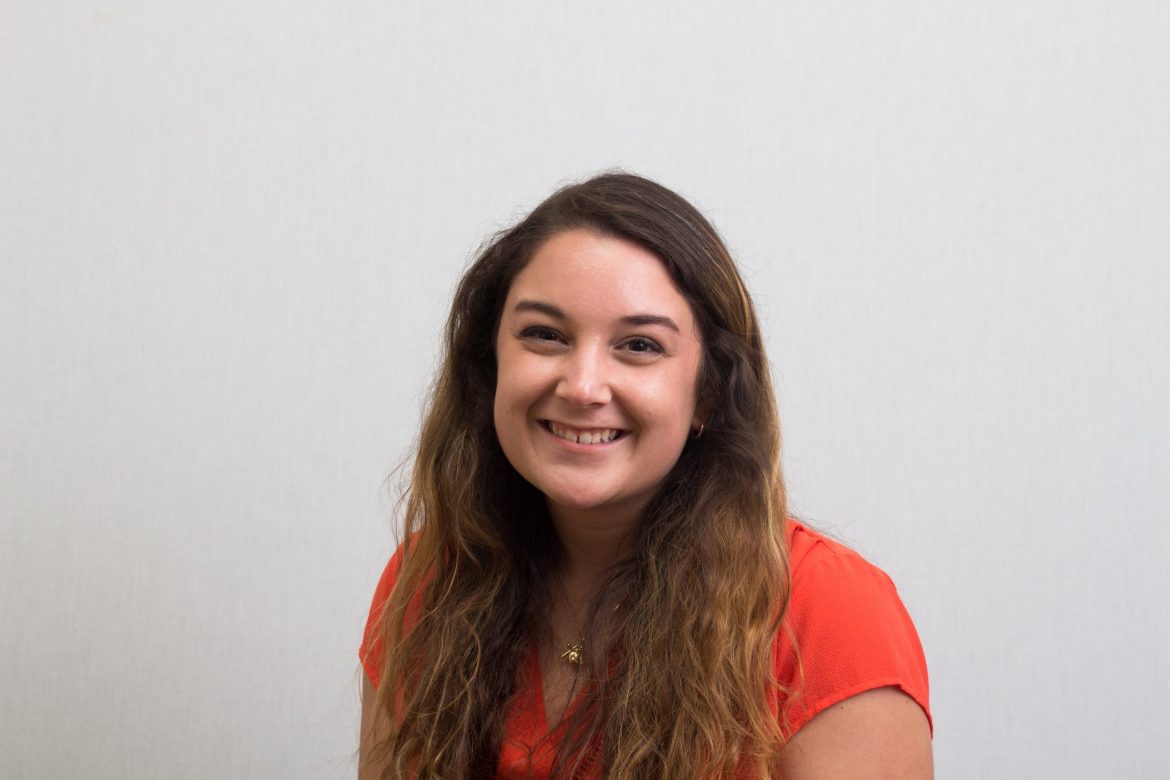Sixth grade was a good year. It was the last year in elementary school — the cool class. We were the only kids allowed to ride our bikes to school and sit at the very back of the bus, farthest from the bus driver and baby kindergarteners.
Sixth grade was the beginning of the awkward middle-school phase where you start to learn who you are and where you belong in the public-school food chain — somewhere between the jocks and the goth kids.
My sixth-grade teacher required our class to write in our composition journals each morning, and this is when I discovered my love for storytelling. I answered each morning prompt with a story about my made-up character: Farmer Bobberhouffer. He was a happy-go-lucky guy. His adventures ranged from floating to Mexico in a canoe to exploring caves in an unknown part of the world.
None of these stories were realistic, but they made sense to my sixth-grade self.
In high school, I learned about journalism. I was able to practice it in the safety of my high school, covering stories from sports to cancer survivors. It was inspiring. It was rewarding.
The stories I tell today are a little different. They are filled with argumentative politics, church shootings and concert massacres. The past month alone has included several natural disasters and mass attacks both domestically and internationally.
During my time as a student journalist, I have heard brutal stories from sex-trafficking survivors and from police who uncovered the body of a murdered 2-year-old. I have seen people hurt and watched people cry as they tell their stories and relive the experiences I am reporting on.
All of these stories are painfully real, but none of them make sense.
The media is criticized, critiqued and discredited, yet I cannot believe these people cover natural disasters and horrific attacks because they enjoy raising hysteria or making people angry, but because they believe in raising awareness. After all, there is no other way to be involved in the world without knowledge of what is happening in it.
These are not light-hearted, uplifting stories, but they are important ones.
It is important to tell the story of the mass shooting in Vegas and to ponder solutions to avoid a similar event. It is important to show the devastation in Puerto Rico and re-evaluate the process of U.S. aid to its territories. It is important for journalists to tell the stories of the people, to keep them accountable and informed.
Frankly, sometimes the news is just bad. It’s not necessarily wrong or pessimistic, but it is covering truth — and sometimes that truth is unpleasant and uncomfortable. Sometimes it’s meant to call people to action, to step in and help change that truth to something people would want to hear.
I think the days of my friend Farmer Bobberhouffer are over. He lived in simpler times, back in sixth grade when we could ride our bikes to school and ride in the back of the bus, avoiding the bus driver and baby kindergartners. Sixth grade was a good year. It was then that I discovered my love for storytelling; and 10 years later, I continue to learn why it is important.
